From Lynn Gehl:
1. A colonized ally stands in the front. A decolonized ally stands behind.
2. A colonized ally stands behind an oppressive patriarchy. A decolonized ally stands behind women and children.
3. A colonized ally makes assumptions about the process. A decolonized ally values there may be principles in the process they are not aware of.
4. A colonized ally wants knowledge now! A decolonized ally values their own relationship to the knowledge.
5. A colonized ally finds an Indigenous token. A decolonized ally is more objective in the process.
6. A colonized ally equates their money and hard work on the land as meaning land ownership. A decolonized ally knows that land ownership is more about social hierarchy and privilege.
7. A colonized ally projects guilt. A decolonized ally knows it is their work to do.
8. A colonized ally projects emotions. A decolonized ally knows Indigenous people have too much to deal with already.
9. A colonized ally has no respect for Indigenous intellectuals. A decolonized ally knows Indigenous people have their own intellectuals.
10. A colonized ally has no idea they need to decolonize. A decolonized ally understands they have to continually decolonize.
11. A colonized ally has no idea of the concomitant realities of Indigenous oppression. A decolonized ally understands the many, layered, and intersectional oppressions Indigenous people live under.
12. A colonized ally speaks for Indigenous people. A decolonized ally listens.
13. A colonized ally takes on work an Indigenous person can do and is doing. A decolonized ally takes on other work that needs to be done.
14. A colonized ally makes things worse. A decolonized ally understands.
15. A colonized ally says, “It is time to get over it.” A decolonized ally realizes one’s relationship to the harm is subjective.
16. A colonized ally appropriates another nation’s Indigenous knowledge. A decolonized ally does the hard work to uncover their own Indigenous knowledge.
17. A colonized ally will loath this truth offered. A decolonized ally will recognize the hard work telling this truth is.
Additional ally resources are available here and on Unsettling America here.
 Lynn Gehl is an Algonquin Anishinaabe-kwe from the Ottawa River Valley. She has a section 15 Charter challenge regarding the continued sex discrimination in The Indian Act, and is an outspoken critic of the Ontario Algonquin land claims and self-government process. She recently published a book entitled Anishinaabeg Stories: Featuring Petroglyphs, Petrographs, and Wampum Belts, and her second book, The Truth that Wampum Tells: My Debwewin of the Algonquin Land Claims Process, will be published in March 2014. You can reach her at lynngehl@gmail.com and see more of her work at www.lynngehl.com.
Lynn Gehl is an Algonquin Anishinaabe-kwe from the Ottawa River Valley. She has a section 15 Charter challenge regarding the continued sex discrimination in The Indian Act, and is an outspoken critic of the Ontario Algonquin land claims and self-government process. She recently published a book entitled Anishinaabeg Stories: Featuring Petroglyphs, Petrographs, and Wampum Belts, and her second book, The Truth that Wampum Tells: My Debwewin of the Algonquin Land Claims Process, will be published in March 2014. You can reach her at lynngehl@gmail.com and see more of her work at www.lynngehl.com.



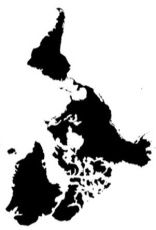

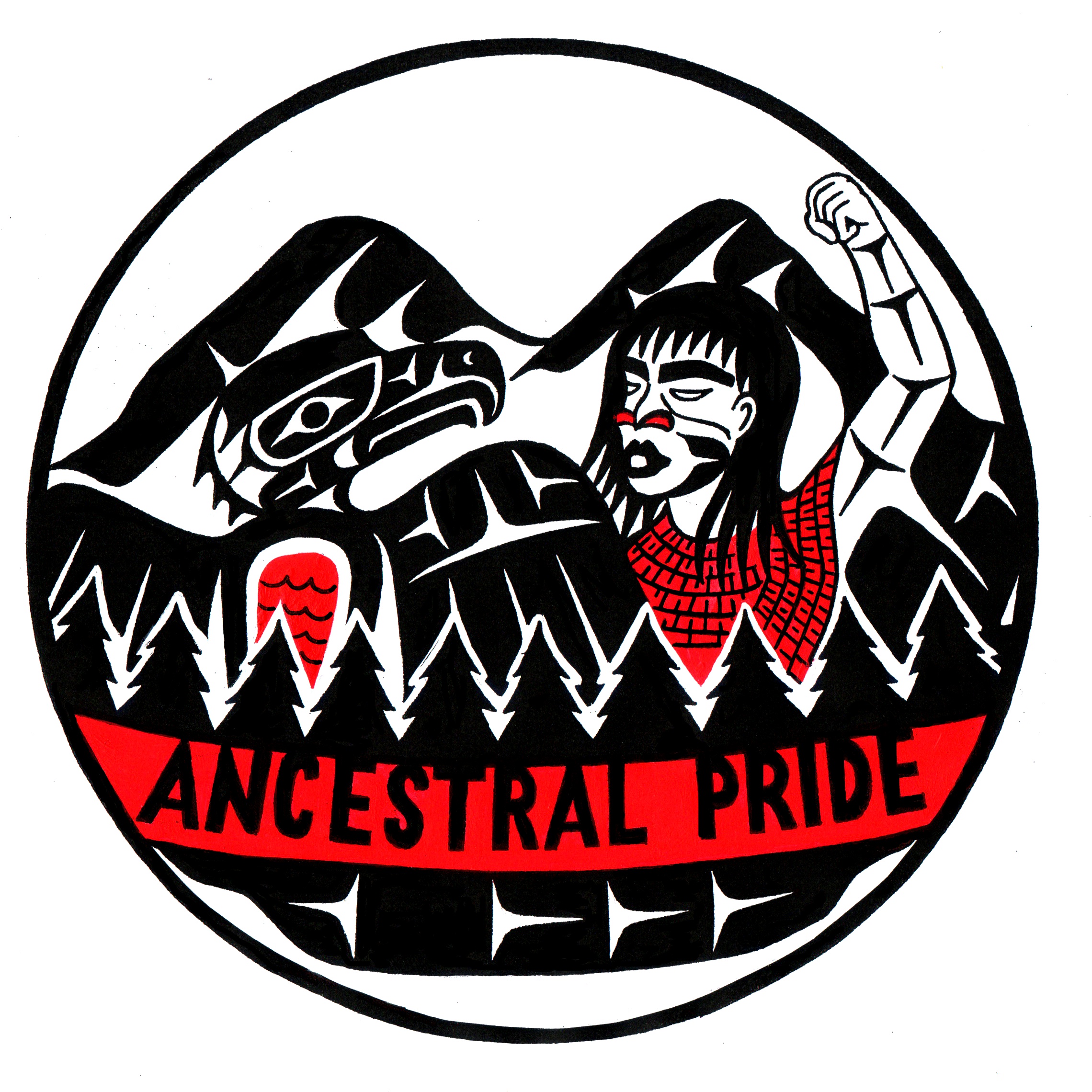

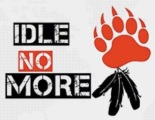



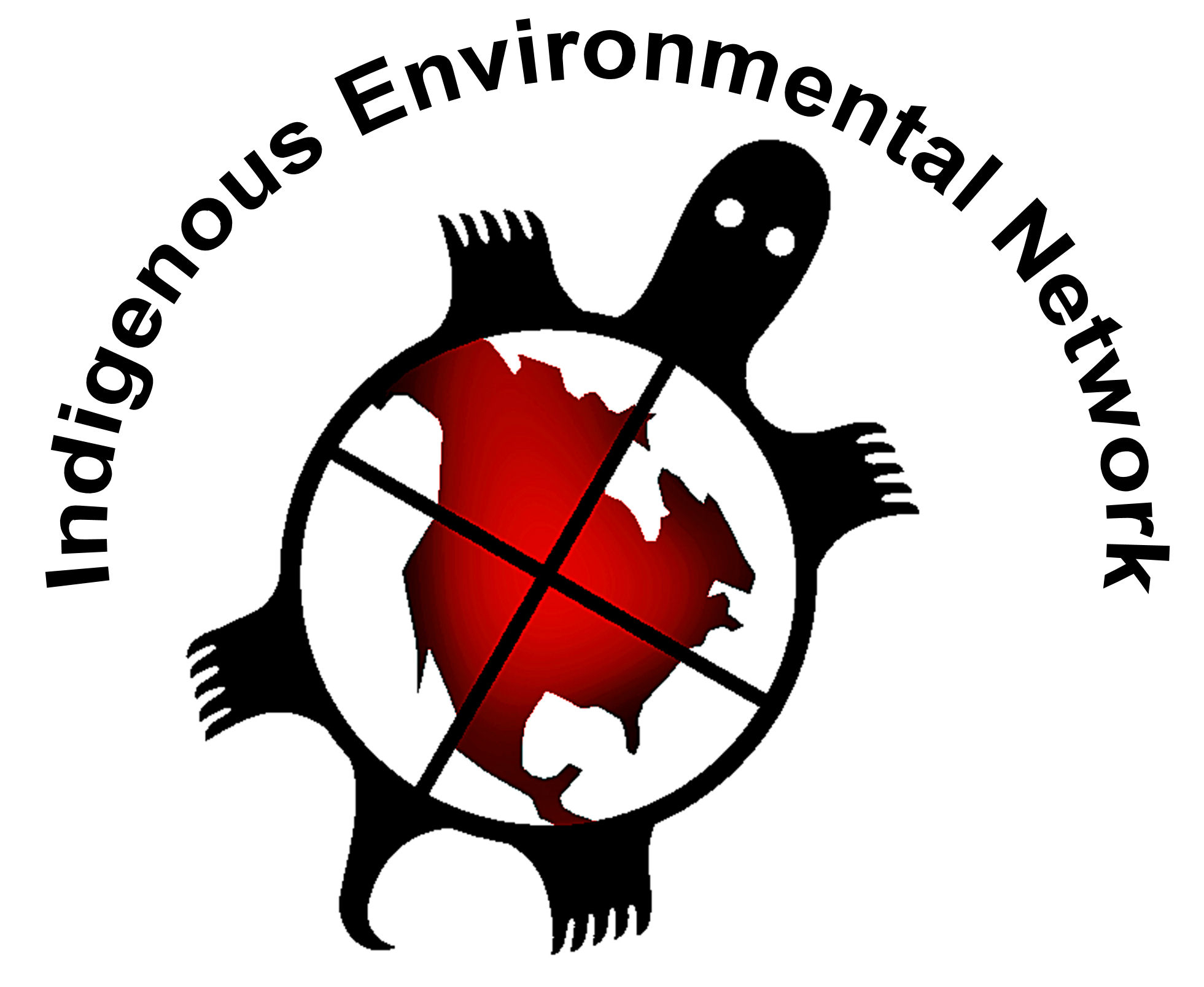


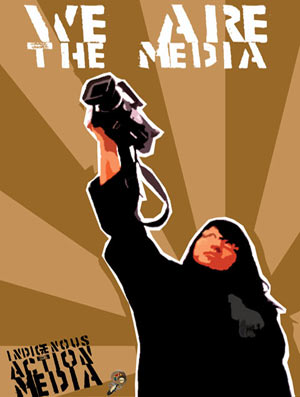





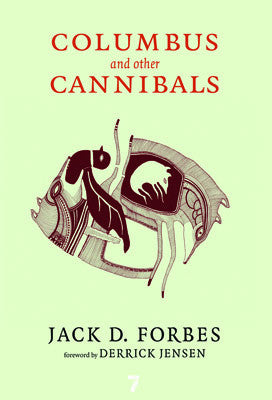







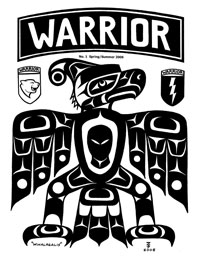


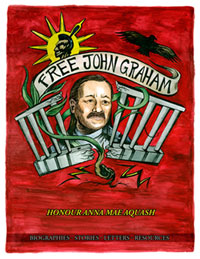



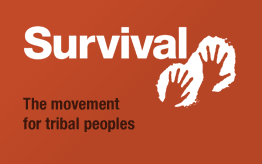


Thank you so much for this.
Reblogged this on Free UniversE-ity.
As you might expect from me, I have a few things i’d like to add. Details which i think are crucial. Distinctions needing to made too.
The problem of not saying “with”.
To stand “behind” or “in front” and not “with” reminds me of John Trudell asking that people who are inspired by his stand not “follow” him.
Of course, i may be getting tripped up in your meaning versus what i’m assuming when i think of someone standing “behind” women and children. When i think of “with” i think of something like “behind” but only in the angle of backing them up!
#12 moves to me to see that i personally am not so much a “decolonized ally” as a “decolonizing relative” (‘white’ on the outside and tribal on the perpetually discovering tribal inside!). –Tho i saw what you said about a “decolonized ally” being oriented to perpetually decolonizing themselves!
So, what i’m getting at on #12 is that i listen with and speak with, not behind, realizing that i am a fellow champion, while also seeing that many of my fellow settlers are not at all in touch with this kind of concept.
#16 and 17, yeah, riiiiiiiiiiiiiiiite oN!
Pingback: Thinking things through: kadkadua | From the Beloved Country
Pingback: An Introduction to Settler Colonialism at UBC: Part Two | The Talon